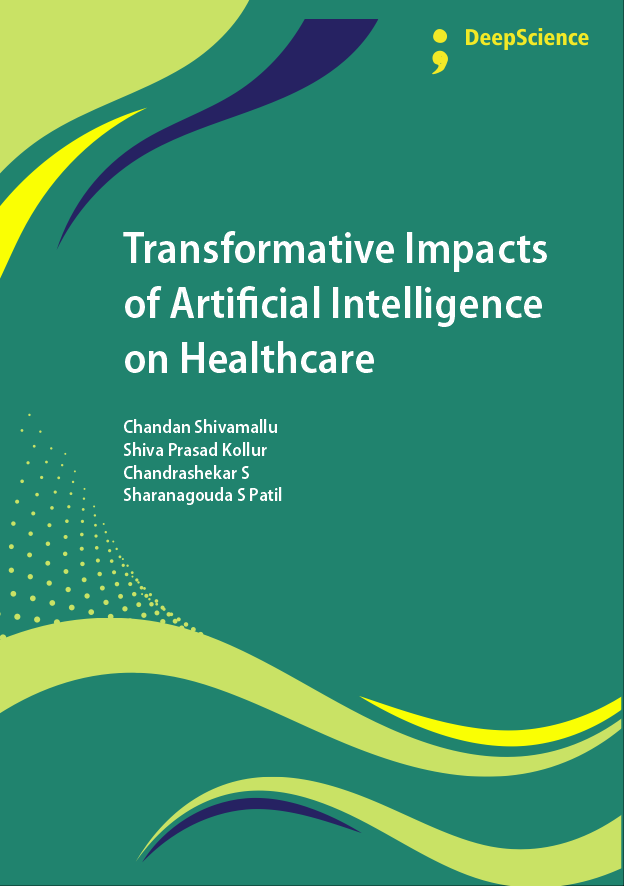Introduction to Artificial Intelligence: Concepts, Frameworks, and Evolution
Synopsis
Artificial Intelligence (AI) has emerged as one of the most transformative technologies of the modern era, evolving from mid-century theoretical foundations into practical applications across diverse fields. Initially rooted in symbolic reasoning and rule-based systems, AI research expanded significantly following the Dartmouth Conference, marking its formal birth as a scientific discipline. The integration of machine learning, neural networks, and deep learning has since shifted AI from deterministic computation to adaptive, data-driven intelligence capable of pattern recognition, prediction, and decision-making. It plays a central role in big data analytics, natural language processing, computer vision, and reinforcement learning, with applications ranging from Different streams. Generative AI further extends its capabilities, producing novel content for creative, industrial, and scientific innovation. While AI enhances efficiency, accuracy, and innovation, it also raises critical challenges, including ethical dilemmas, privacy concerns, and socioeconomic disruption.














